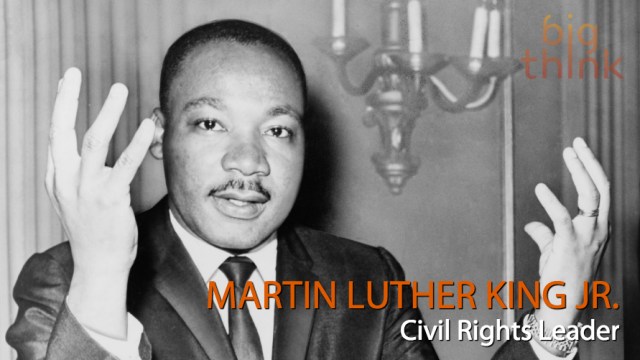Should MLK Jr. Replace Andrew Jackson on the $20 Bill?

We can all understand the value of a dollar, both fiscally and figuratively speaking. But how do you quantify the value of having one’s face on a piece of currency? Many nations honor past leaders, innovators, and other figures of cultural import by slapping their visage on coins and bills. In the United States, the distinction is reserved — with several exceptions — for past presidents and founding fathers. While you’ll never hear an argument that Abraham Lincoln ought not be featured on American currency, some of those other names are associated with a much more checkered past.
In a new article titled “Ditch ‘Old Hickory’ and Put Martin Luther King on the $20 Bill,” Conor Friedersdorf of The Atlantic suggests Americans do just that. The argument in favor of placing MLK on U.S. currency is sound; he was a beloved icon as well as a symbol for peace and justice:
“The case for putting him on money is not just elevating a man simply for the sake of diversity. Yet it would address the fact that, but for racism, our money would’ve long been more diverse. The only loser here would be the historic figure kicked off of a bill.”
Andrew Jackson, despite his indelible role as war hero and presidential populist, is marred by a legacy that looks more mottled and pocked with each passing year. “Old Hickory,” as he was called, is the historical face of Native American displacement and genocide. Friedersdorf notes that he amassed a fortune as a slave trader. His policies were considered racist even during his presidency, drawing the ire of figures such as Ralph Waldo Emerson.
Take a look at Friedersdorf’s piece (linked below)and let us know what you think in the comments.
Read more at The Atlantic
Photo credits: Jackson: Gary Blakeley / Shutterstock; King: Orhan Cam / Shutterstock





